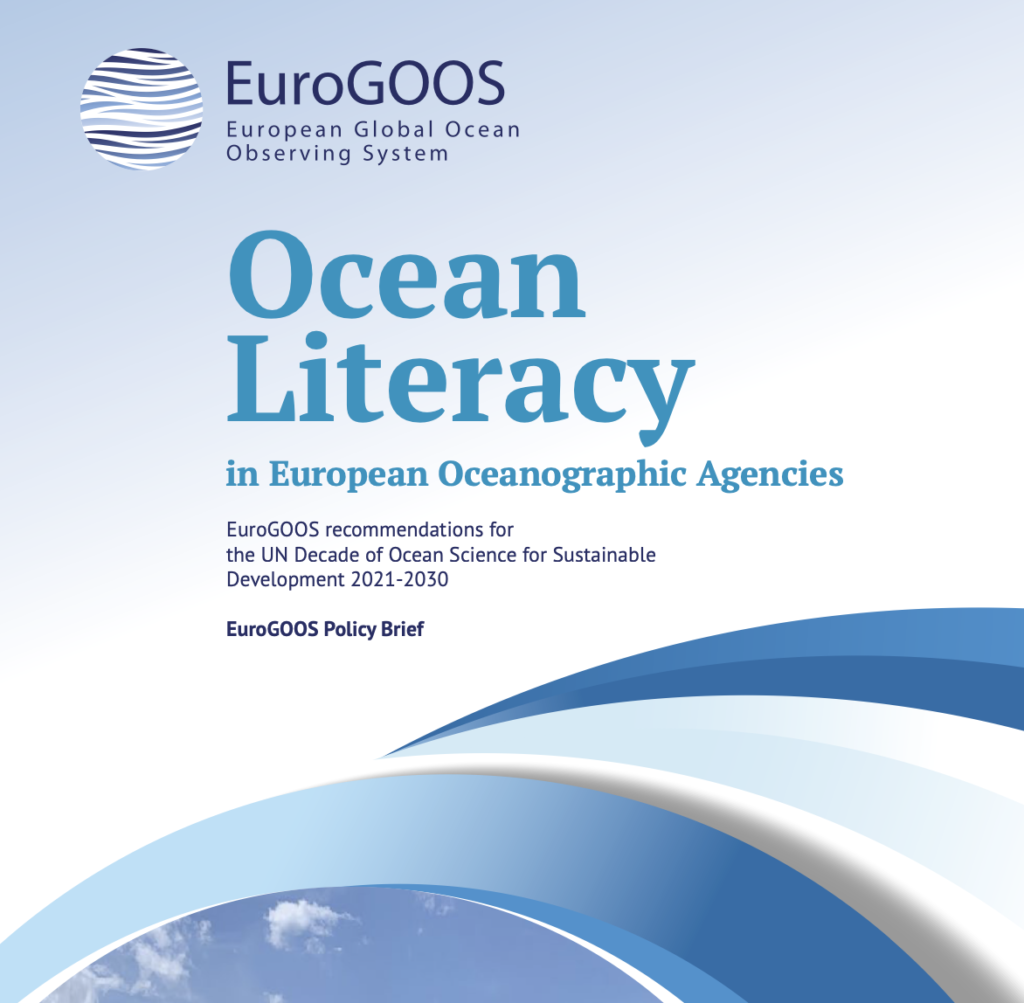Ocean literacy has been defined as “an understanding of the ocean’s influence on us and our influence on the ocean” (Cava et al., 2005). Beyond understanding, an ocean-literate citizen uses knowledge of ocean issues in order to communicate about the ocean in a meaningful way and make informed and responsible decisions. Two documents, comprising the Ocean Literacy Framework, were developed: a) the Essential Principles and Fundamental Concepts of Ocean Sciences (National Oceanic and Atmospheric Administration [NOAA], 2013), representing the basic issues of the ocean that high school graduates should know and understand, and b) The Ocean Literacy Scope and Sequence (National Marine Educators Association, 2010), providing information and guidance in order students to understand the ocean literacy principles and their concepts. In 2017, one outcome of “Our Ocean” conference, organized by the United Nations for supporting the implementation of Sustainable Development Goal (SDG) 14 concerning the ocean, was an inter-governmentally agreed declaration “Call for action” of whose Article 13a reads as follows: “Support plans to foster ocean-related education, for example as part of education curricula, to promote ocean literacy and a culture of conservation, restoration and sustainable use of our ocean”, hence emphasizing the importance of ocean literacy.
Ocean Literacy (OL) activities of IMBBC
We participate in:
- the European Marine Educators Association (EMSEA) and its activities, especially in the Mediterranean Sea (e.g. adapting OL principles and concepts to the specificities of the Mediterranean Sea; design and development of questionnaires for primary and secondary schools as well as university students in order to assess their knowledge, behaviour and attitudes relevant to OL) (2015 to date). https://www.emsea.eu/ocean-literacy/publications ,
- the Ocean Literacy Expert Group of the European Global Ocean Observing System (EuroGOOS) (e.g. policy documents; a “home-schooling” campaign by providing resource data (e.g. videos, games) for children and their parents in order to spend time at home due to the confinement enforced by COVID-19).
- international conferences and other initiatives promoting OL (e.g. European Marine Science Educators Association Conferences; Ocean Literacy Summits)
- the EU4Ocean Coalition and Platform for Ocean Literacy (2020 to date). The EU4Ocean coalition combines EU-wide activities with actions dedicated to the Arctic Ocean, the Atlantic Ocean (including the North Sea), the Baltic Sea, the Black Sea, the Mediterranean Sea and the global ocean. The coalition is made up of three components: a platform for organisations and individuals engaged in Ocean Literacy initiatives, a European Youth Forum for the Ocean and a Network of European Blue Schools.
- the CONNECT EU funded project (Horizon 2020). We collaborate with teachers of Greek high and elementary schools in order to support them for educational scenarios concerning marine pollution with plastics, marine protected areas, loss of marine biodiversity, trophic chains in the sea, coastal and marine ecosystem management (2021-2023)
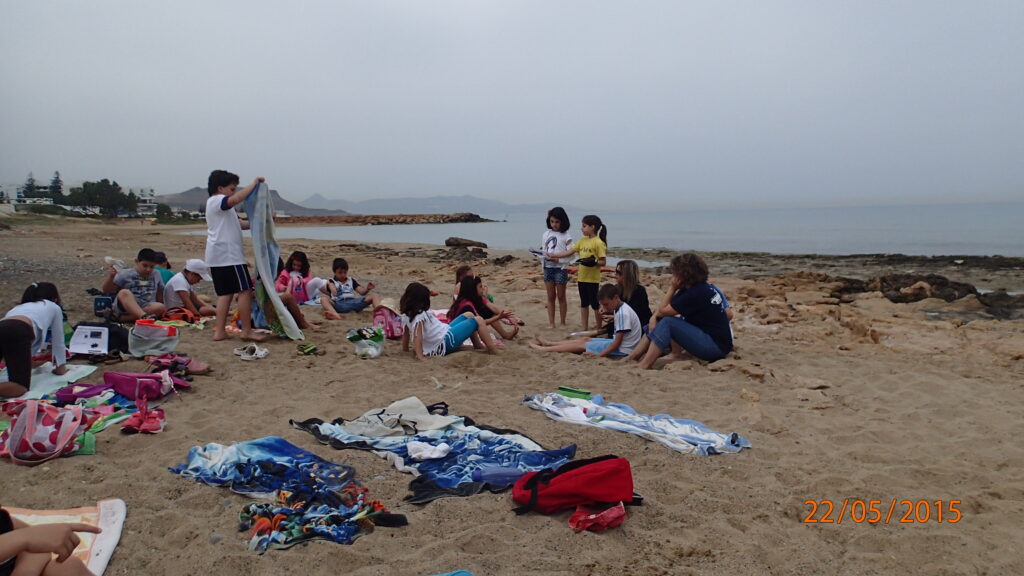
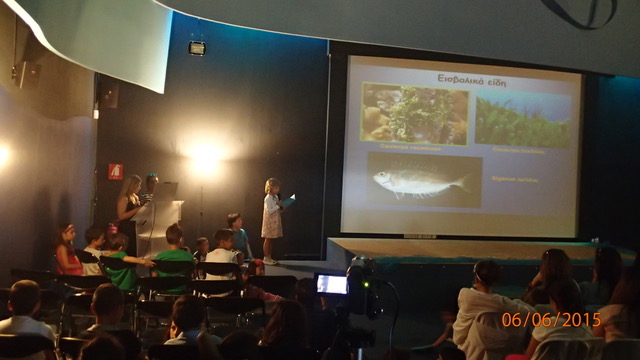
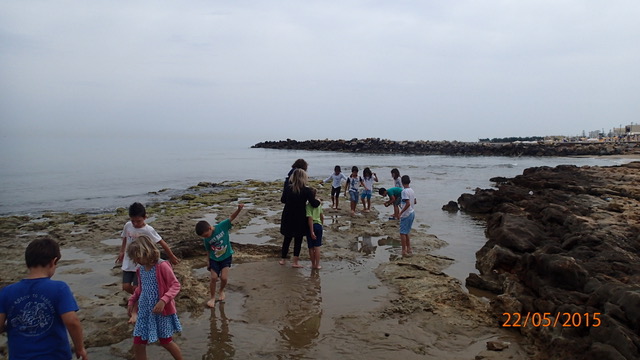
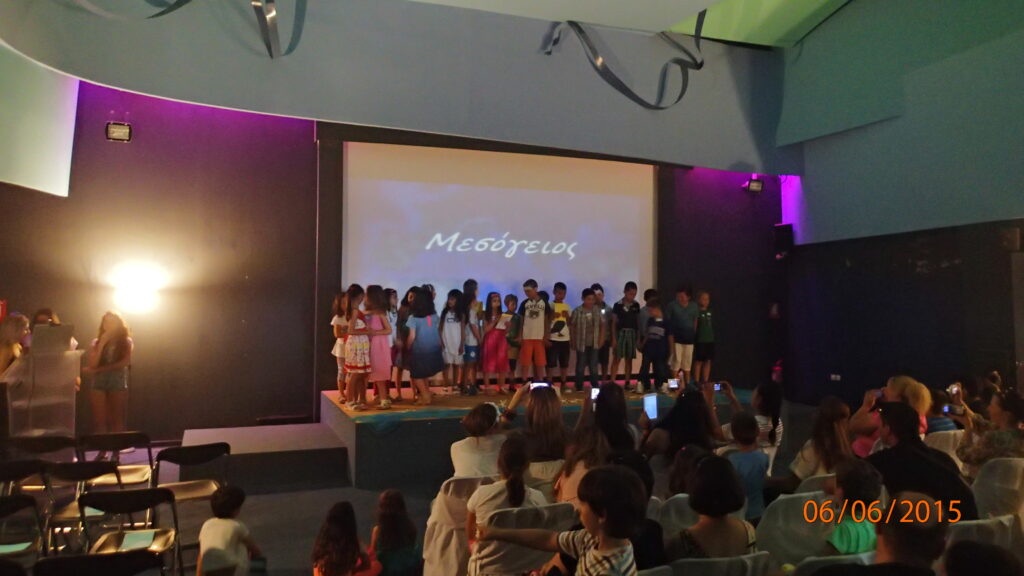
We publish international scientific journals investigating OL issues (e.g. Frontiers in Marine Science).
A special issue on “Ocean Literacy across the Mediterranean Sea region” published in Mediterranean Marine Science Journal (https://ejournals.epublishing.ekt.gr/index.php/hcmr-med-mar-sc/issue/view/1746)
We coordinate or participate in OL projects or citizen science projects (e.g. ViBRANT).
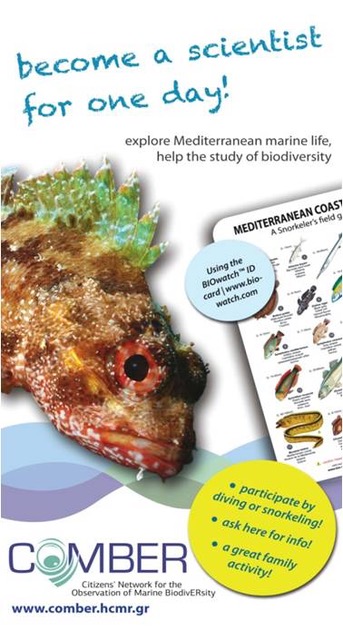
- Citizens’ Network for the Observation of Marine BiodivERsity (COMBER, http:/www.comber.hcmr.gr) was initiated under the European funded FP7 project ViBRANT (2010-2013), aimed at engaging citizens in a coastal marine biodiversity observation network. Each participant was equipped with a fish identification card (www.bio-watch.com) used both to identify fish species and note down observations during the dive or snorkeling. A website has also been developed and functioned for communication and promotion of the network, offering data-entry tools for collecting information.
- “Watching for jellyfish blooms”, a programme of the Mediterranean Science Commission (CIESM). Crete is one of the focal points of the program (http://www.ciesm.org/marine/programs/jellywatch.htm)
- “Walking on the sea traces” Italian initiative (https://sites.google.com/view/camminandosulletraccedelmare/home/english)
We organize educational programmes within the framework of OL for students of primary and secondary schools (e.g. visit to the labs of IMBBC, field studies, scientists’ interviews, scientific support and collaboration for participating in symposia and other activities).
1st award for pedagogic and scientific approach of a fairytale, entitled “Once upon a time… in the Kingdom of photophilous algae”, developed in order to understand climate change issues, and presented in the 4th Educational Symposium of Phycology «Algae in Life of the Planet Earth», 27-29 March 2015, Cretaquarium, Crete, Greece.
Websites for OL:
Ocean literacy
European Marine Science Educators Association
European Global Ocean Observing System
Sea Change
ResponSEAble
PERSEUS
Interreg Balkan-Mediterranean Meltemi
Assemble+ Ocean Sampling Day
International Ocean Literacy





